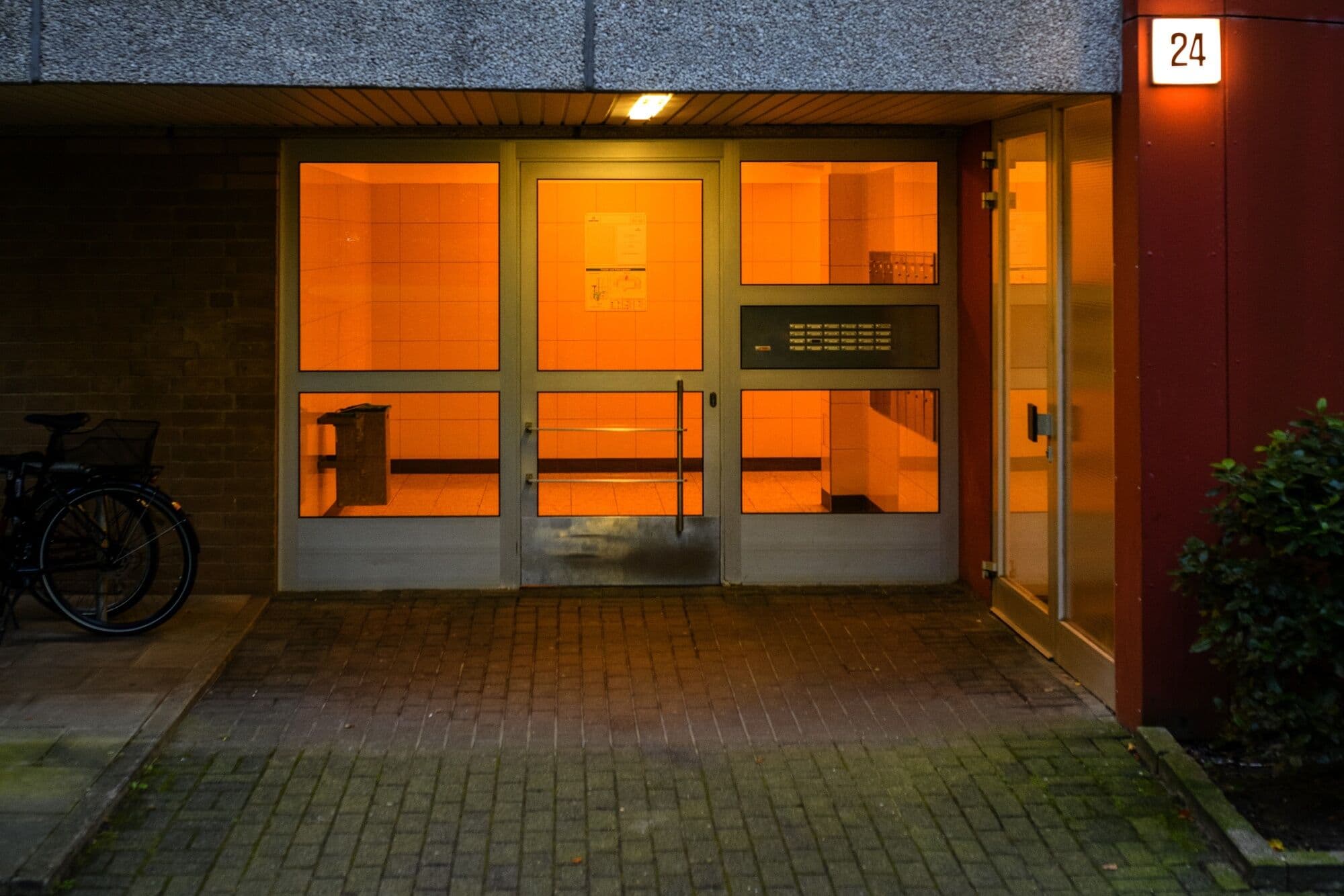AI-Generated Summary
Europe’s Housing Crisis
Europe is currently facing a significant housing crisis, characterized by a sharp decline in residential construction. The article, authored by Laura Malsch and Niclas Rolander for Bloomberg, highlights the impact of soaring costs, sluggish bureaucracies, and stringent energy-efficiency regulations on the housing market across several European countries.
Decline in Building Permits
Countries such as Germany, France, and the UK have seen new building permits plummet by more than 25% in the first half of the year. In Germany, permits have dropped over 27%, while France and the UK report declines of 28% and over 25%, respectively. Sweden is experiencing its worst construction slump since the 1990s, with building rates falling to less than a third of what is necessary to meet demand.
The Struggles of Homebuyers
The article follows the story of Milena and Manuel David, a couple in Düsseldorf who faced a 16-month wait for a building permit only to see their expected costs rise by €85,000 due to tripled mortgage rates. Their experience exemplifies the challenges faced by many potential homeowners across Europe, highlighting how the housing market is failing even those with stable jobs and no land costs.
Broader Implications
The downturn in housing construction has broader implications, affecting not only single-family homes but also larger housing projects. Major developers like Vonovia SE in Germany are halting new construction indefinitely, which could hinder critical developments such as battery cell factories that require adequate housing for workers.
Government Shortcomings
The inability to meet housing demands is leading to increased social divides and political tensions. In Sweden and the UK, governments are falling short of commitments to provide affordable housing, with the promise of adding new homes remaining unfulfilled. Economists predict that Germany will not meet its goal of constructing 400,000 new homes annually until at least 2026.
Economic Consequences
The housing squeeze has economic ramifications, forcing individuals to spend a larger portion of their income on housing. This pressure can exacerbate existing tensions towards migrants, who may be viewed as competition for limited housing resources. The article underscores the urgent need for better housing policies to prevent further social and political instability.
Historical Context and Future Challenges
Historically, many European nations have relied on state-led initiatives to provide housing, but a shift towards privatization has led to a decline in social housing units. This change has resulted in fewer affordable homes being built, even as demand continues to grow. The construction industry's challenges are compounded by recent economic upheavals, which have made building unprofitable for many developers.
Call for Reforms
In light of the current crisis, there are calls for government reforms and incentives to stimulate housing construction. Politicians in various countries are considering measures to simplify licensing procedures and accelerate planning systems. However, the effectiveness of these proposed changes remains uncertain, leaving many families like the Davids in limbo regarding their housing aspirations.
